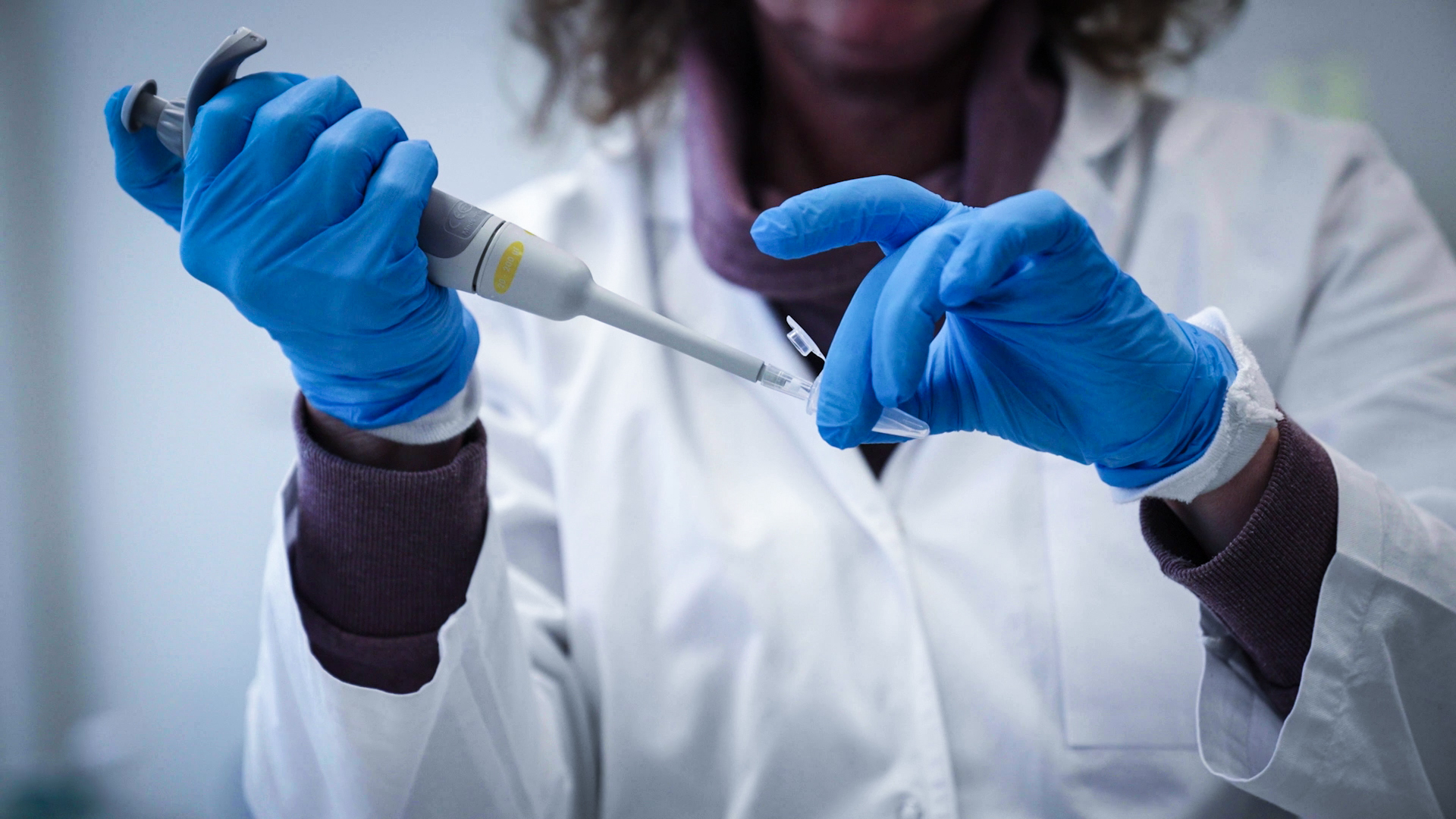MQ: Levelling up mental and physical health.

26 times more is invested in physical health research than mental health. MQ Mental Health Research is levelling the field.
MQ
Over 900,000,000 people are living with a mental health condition worldwide – however, too many are struggling to access care and when they do treatment options are limited.
Because of the historic underfunding of mental health research, our understanding of how different mental illnesses develop is far behind where it should be. Mental health care remains the ‘Cinderella service’ with siloed approaches to treatments that often renders them ineffective.
This is a global health crisis which MQ Mental Health Research is working to address.
Collaboration leads to innovation.
It is only through research that we can speed up diagnosis, develop new interventions, effective talking therapies and better treatments, and even find ways of preventing mental illnesses from developing in the first place.
MQ has made targeted investments of over £30 million in the past 10 years into high-quality research, carefully choosing the studies that will have the greatest impact on people’s lives.
MQ takes a collaborative approach, setting it apart from private funders in this space. By incorporating data science, neuroscience, sociology, psychiatry, and biology, MQ’s studies are not restricted to just one approach but instead take a combined ‘mind, body, brain’ holistic view.
All of MQ’s research is produced with the involvement of patients and people with lived experience of mental illness, meaning MQ researchers ask the right questions, addressing the highest priorities, and ultimately creating the biggest impact.
As an independent charity, MQ can fund sector-leading scientists wherever they are in the world, scientists asking challenging questions, running ambitious studies, and creating bold breakthroughs.
Taking a new approach
For example, in 2015, MQ funded the work of Dr Ethel Nakimuli-Mpungu in Uganda. In the remotest parts of the African nation, communities who had been heavily affected by war and HIV, were experiencing high levels of depression but had little to no access to treatment.
Ethel and her team developed a culturally sensitive group psychotherapy programme which also incorporated skills training for participants to help break cycles of poverty.

Three years later, results from Ethel’s work showed a marked improvement as not only did participants experience a significant and sustained reduction in their symptoms of depression, but they also improved their adherence to HIV treatment.
Ethels programme is now being rolled out across other African nations and has the potential to improve millions of lives. This is just one example of the transformative effect of the research that MQ conducts.
Levelling up
We are only just beginning to understand how physical and mental health are linked. Mental health issues, as with physical health conditions, often stem from a combination of genetics, environmental triggers, socio-economic disparities, and biological mechanisms.
For too long, health research has focused solely on single conditions and single treatments. By taking a broader view, eliminating the silos in research and examining the underlying mechanisms that influence our health, MQ has already made a number of important breakthroughs. Such as proving the links between inflammation and depression, hypermobility and anxiety, and even that adolescent boys and girls who have been diagnosed with depression have different inflammation markers.
It is vital that more is invested in good-quality research. The next big breakthrough in mental health is on the horizon, but for the millions of people suffering worldwide it cannot come soon enough.
Find out more about Global Health campaign














